Publications
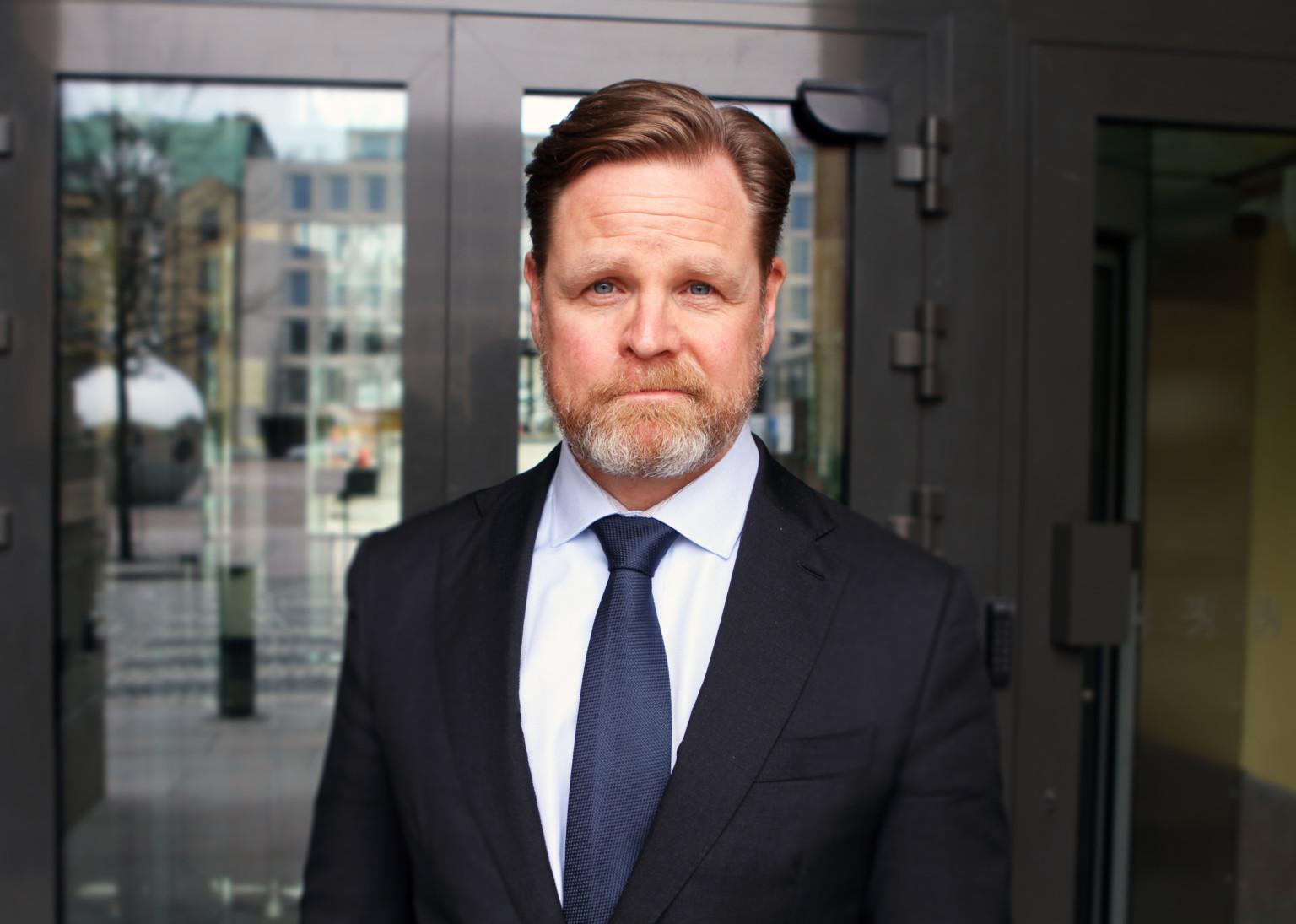
“Finns understand that everyone has a role to play” – HSF Interview with Janne Kuusela on Finnish total defence
Finland’s concept of total defence involves comprehensive national efforts, including civilian and military cooperation. What role does international cooperation play in Finland’s total defence strategy?
It is up to each society to organise its functions to best support national total defence. This concept is prominently on the agenda of most, if not all, EU and NATO member states – the war in Ukraine has shown the need for total defence.
In Finland, we have long traditions of comprehensive security and total defence, which are constantly being further developed. International dialogue and exchange of ideas are valuable, and we are happy to share practices and experiences as well as learn from other countries and how they organise national total defence. Especially Nordic cooperation is something Finland has utilised in its development of total defence strategies and operations.
NATO and the EU have identified shared target areas, where Western societies should strive to develop their national total defence. However, total defence must primarily be planned in such a way that it fits the purposes of the country’s own defence, its societal structures, and its own internal decision-making processes.
How does the Finnish concept of total defence align with broader regional and global security frameworks such as NATO and other EU cooperation?
In Finland, the development of defence is threat-based and related to how our operational environment is evolving. Preparing for a military threat and the operational planning of the defence forces provide quantitative and qualitative grounds for the preparedness of Finnish authorities and other societal sectors. Also resilience work is divided among several stakeholders.
The requirements set by NATO membership are naturally considered when planning and implementing our national total defence strategy. Our national officials have detailed understanding of NATO’s overall needs and preparedness arrangements, and national preparedness is coordinated accordingly. This has and will increase Finland’s international cooperation in total defence.
In the EU, many elements support the needs of total defence, such as the abilities to support member countries in responding to hybrid threats, protecting critical infrastructure and improving military mobility. It has been considered important in the EU to develop preparedness and prepares in a way that takes into account both civil and military sectors. The upcoming report commissioned from the former President of Finland Sauli Niinistö about civilian and defence preparedness will contribute to EU’s work in this context.
A key aspect of total defence is ensuring that the population is prepared for different security threats. What steps is the Ministry of Defence taking to educate and engage the public in Finland’s total defence efforts?
It is essential for us that the entire Finnish society has a shared understanding of the needs of total defence and the resources it requires. Everything starts with people: citizens must understand that total defence does not only comprise the actions of the defence forces or the authorities – it is a whole-of-nation effort. Without this understanding, we cannot talk about resilience or overall security. Luckily, Finns understand that everyone has a role to play.
I would like to highlight two societal factors that support the education and information flow of Finnish citizens. First one is the high-quality school system available to all. Its value for total defence and comprehensive security cannot be overemphasized. Another thing is high-quality and free media. It plays a significant role both in normal times and in crisis situations.
Defence forces organise National Defence Courses, where citizens are introduced to various factors of defence, and they learn to understand the functions of Finnish total defence both nationally and regionally. The National Defence Training Association of Finland is also an important channel for training and course activities, along with the network of the business community, universities, organizations, and individuals.
The Finnish general conscription model provides an excellent way to measure people’s awareness on defence issues. We reach such a significant part of the population through the conscription, with whom we conduct various surveys and organise discussions on these matters. We are currently also preparing to pilot a new type of activity to engage students in upper secondary schools and vocational schools. Youth is an important target group, and it is vital to reach all genders even before they are of conscription age.
HSF 2024 will cover various aspects of total defence, such as cyber security, AI and intelligence. With the increasing prevalence of cyber threats, how is Finland integrating cybersecurity into its total defence strategy?
Cyber security is a pivotal part of both total defence and national comprehensive security. In Finland, we are constantly developing cooperation and sharing the situation picture with authorities and companies in various industries. We also examine our legislation frequently and consider whether the legislation and policies need development to support the authorities and to safeguard society’s functions as well as recovery in case of cyber disruptions.
We implement the EU’s cyber regulation and cyber security policy. The goal is to have timely decision-making and smooth cooperation between the authorities. We always look at which authority in Finland is best suited to lead the work at any given time.
In addition, structured cooperation with NATO’s political, military and technical levels are a prerequisite for an even more effective preparation. Our goal is to enhance our ability to both give and receive support from our allies. This two-way process helps us influence things before they influence us. In other words, we are not only reacting to cyber threats – we want to be a few steps ahead.
The Helsinki Security Forum has been a key platform for discussing global security issues in Finland. In your view, what do you expect to be the most significant insight gained from this year’s forum?
This year’s theme is the total defence of Europe, and I expect that there will certainly be a high-quality exchange of ideas. Helsinki Security Forum gathers such a great, high-level group of participants, and I value the spontaneous meetings and corridor discussions within the framework of HSF, which are an important part of the forum in addition to what is being discussed on stage.
Janne Kuusela is Director General at the Defence Policy Department of the Ministry of Defence of Finland.
Ministry of Defence of Finland is an official partner of Helsinki Security Forum 2024.
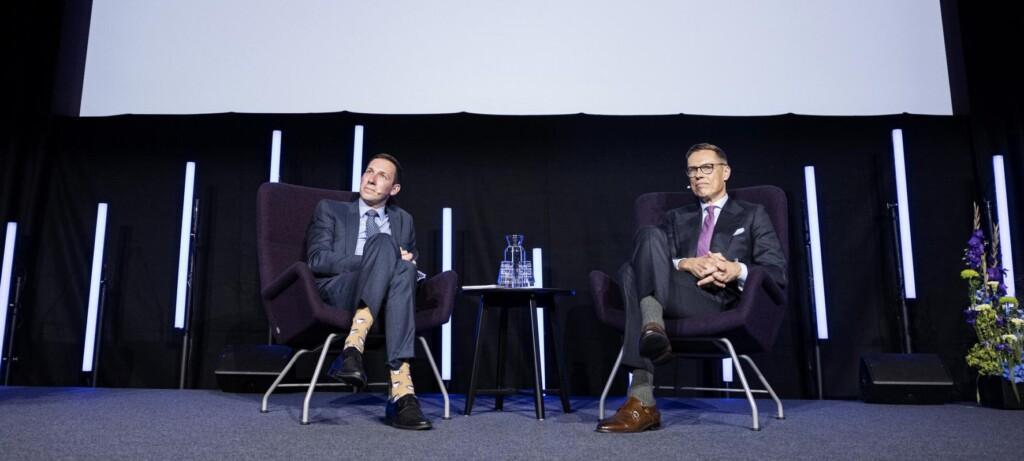
HSF 2025 asks ‘The Hour of Europe’: Can the old continent chart a new course for its future?
Helsinki Security Forum 2025 brings experts and decision-makers together to ponder the hard questions and explore Europe’s path forward.
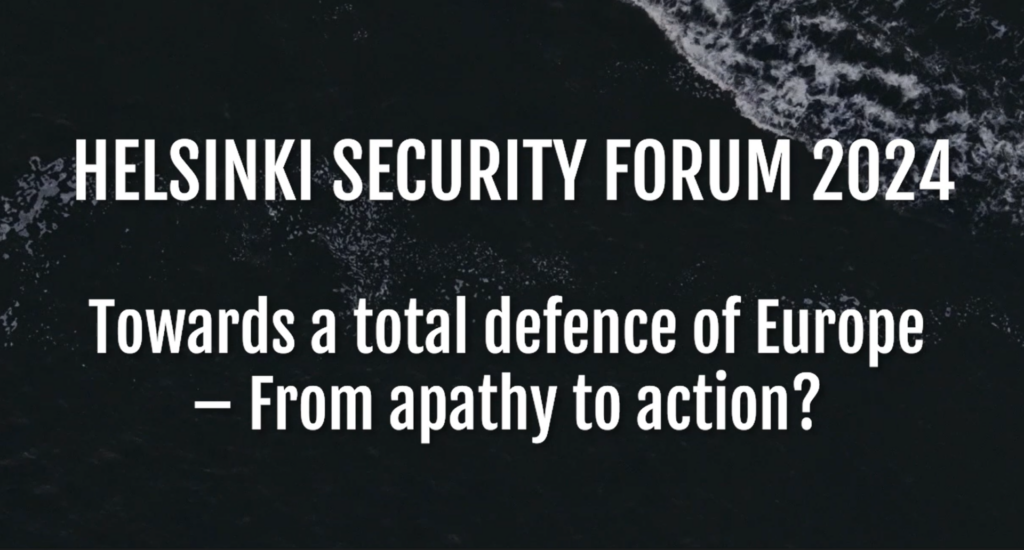
Helsinki Security Forum 2024 addresses the need for European total defence
The third annual Helsinki Security Forum (HSF) will be held on 27–29 September 2024. This year’s conference is titled Towards...
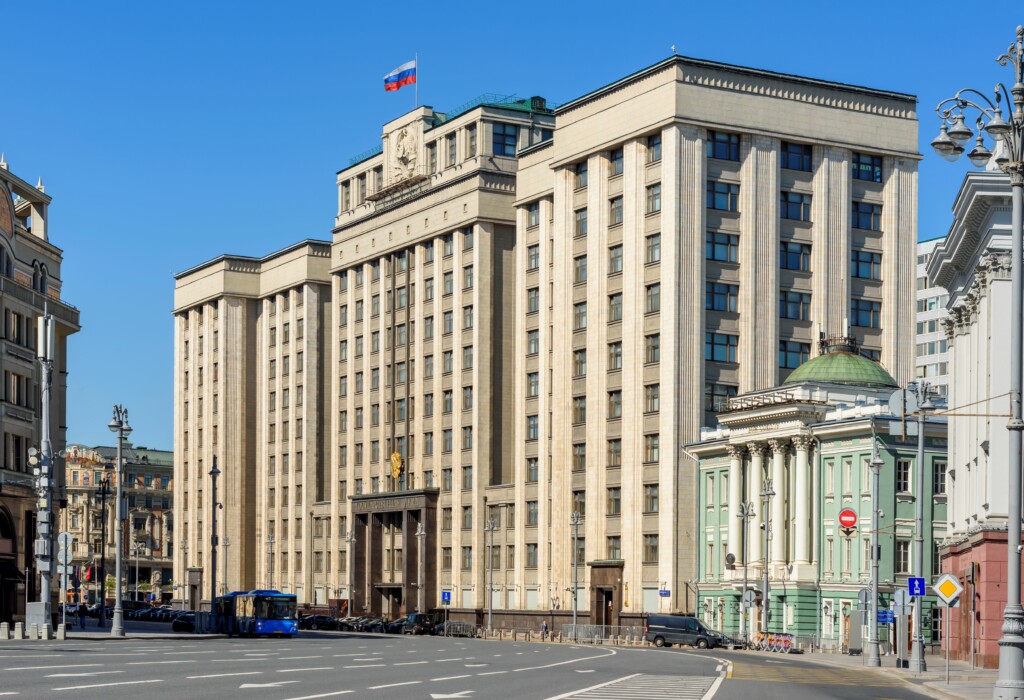
for HSF Blog
Rejecting Russian Spheres of Influence
The EU has rejected the language of spheres of influence in favour of an international order based on common rules...
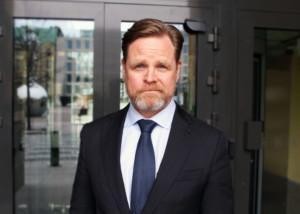
About the author
Janne Kuusela
Director General at the Defence Policy Department of the Ministry of Defence of Finland
Janne Kuusela is Director General at the Defence Policy Department of the Ministry of Defence of Finland since January 2022. Before the current post he served as acting Director General (2016-2020) and Deputy Director General for Defence Policy (2020-2021). He is also member of the Arctic Policy Steering Group for the Finnish Government and board member at the Atlantic Council of Finland.